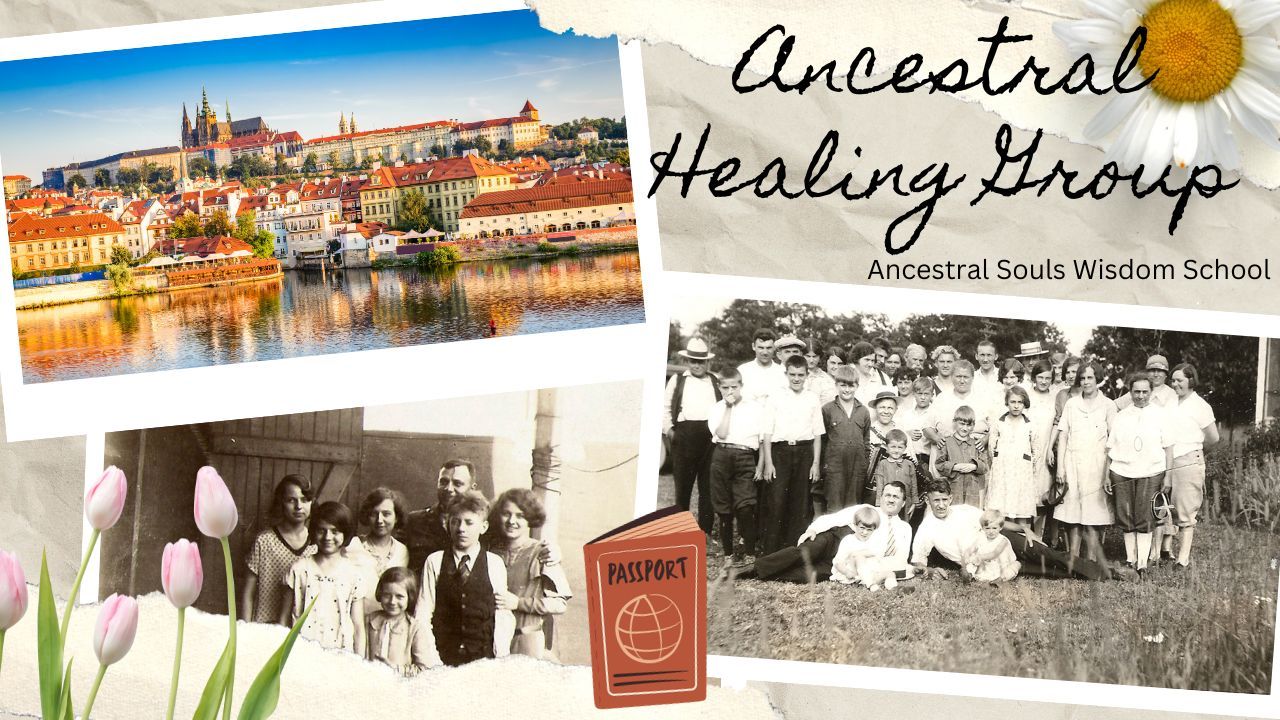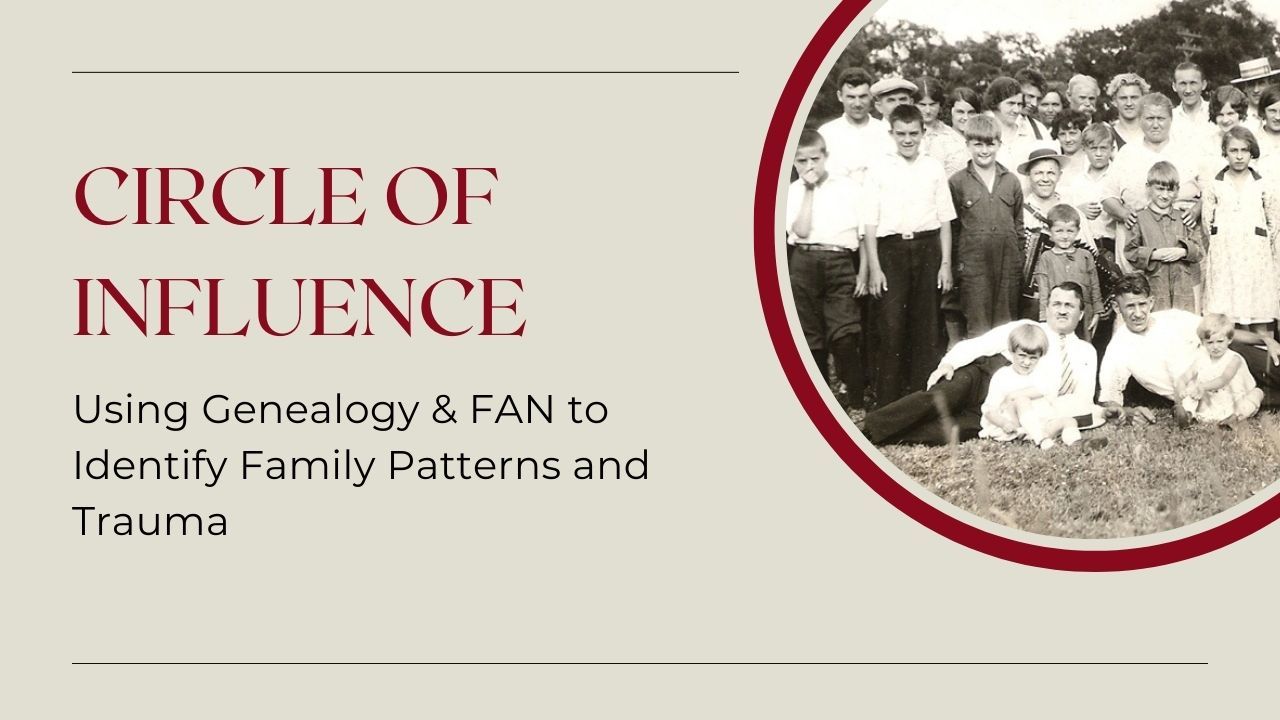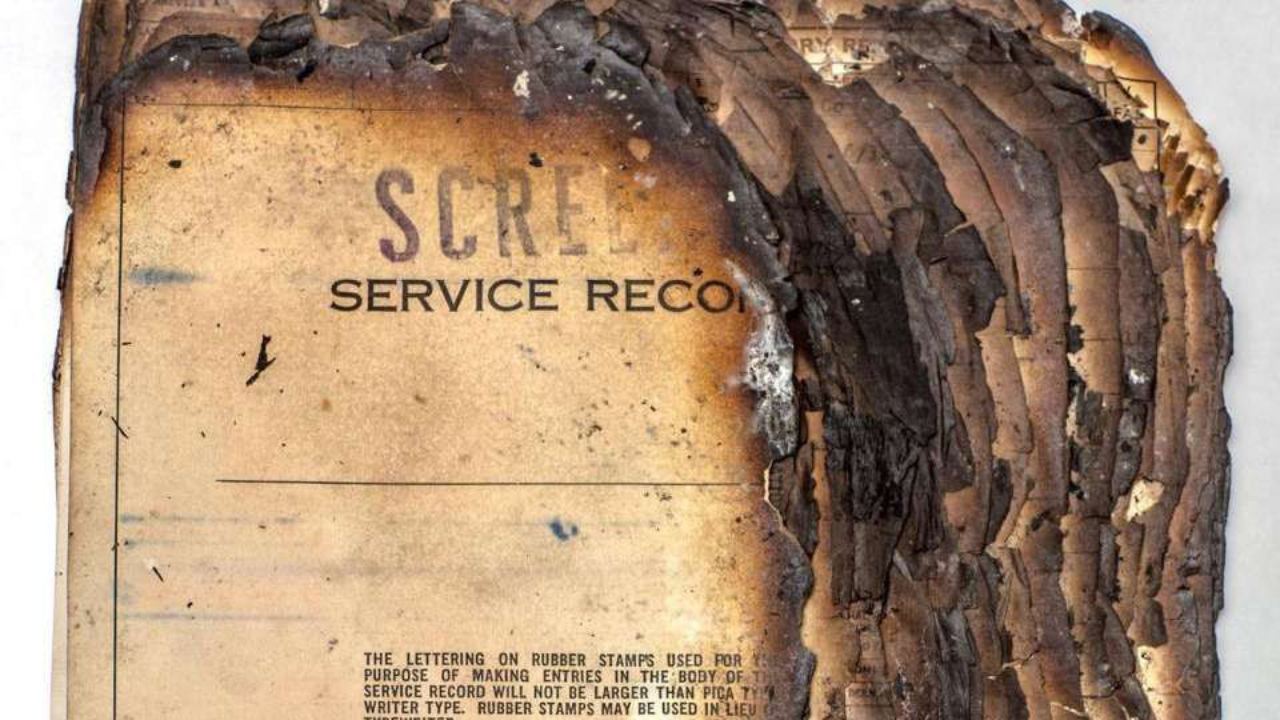Did You Assume The War Had Zero Impact On Your Veteran?
Jun 16, 2022
 A common misconception I’ve heard from family members and clients about veterans who did not have an active combat role during their military service (war-time or not), was that the war really did not affect them. The way they view it, if they were not on the front lines killing people, then what’s the big deal? I can tell you, it IS a big deal and here are a few things you should consider as you research and write the story of your veteran, and work through the healing of the inherited trauma you may carry.
A common misconception I’ve heard from family members and clients about veterans who did not have an active combat role during their military service (war-time or not), was that the war really did not affect them. The way they view it, if they were not on the front lines killing people, then what’s the big deal? I can tell you, it IS a big deal and here are a few things you should consider as you research and write the story of your veteran, and work through the healing of the inherited trauma you may carry.
Example #1
A family story I heard is about an uncle who served in the Marines in Vietnam and worked in Supply. How could someone in supply have any sort of war trauma? That’s the question, rather a statement I heard, yet trauma apparently exists based on things I’ve heard. Just because someone served in Supply and may not have been in the jungles of Vietnam, does not mean they were not traumatized. Bases in Vietnam were targeted by the enemy. Remains of service members moved through these bases and guess who Graves Registration fell under – SUPPLY. Does that mean all those who worked in Supply were Graves Registration personnel? Of course not, but a non-combat role does not equal zero trauma.
- If your veteran is still alive, interview them and better understand their service. Whether the veteran is alive or deceased, try to get a copy of their personnel file to better understand where they were placed, jobs they did, and where specifically they were based or fought.
- Do some research and reading. Learn what it was like, in Vietnam for example, on base, in a non-combat role. Were there bunkers in case Charlie attacked? Were there nights of interrupted or no sleep because the sirens went off due to an attack? Did your veteran fear for their life in those moments – which may have created a cycle of fear which then became PTSD? While this book is historical fiction, I have been reading Coffins of Tin, by J.C. Handy, a Vietnam Veteran. This book is about the Graves Registration Service in Vietnam and gives graphic accounts of living on base and our war dead. I have a call planned with the author when I finish reading the book. Sometimes putting a story into fiction is in a way easier to process and write, and still hold a lot of truth.
- How did your veteran cope with the stress of being out of combat? Did they take up smoking, drinking, drug use? The more I read about Vietnam, the more I understand how and why so many veterans became addicts, especially as it sounds like the drugs were easy and cheap to obtain.
- Ask and research to learn what else happened out of the combat zone. Ask about fears of being on a ship, in a vehicle, or a helicopter or plane flying over combat zones. Go deeper in the research than what units and where someone was stationed or fought. There is so much more to learn.
Example #2
Have you considered the work a reservist may have done during his or her weekends of active duty or two-weeks each year? What if the reservist was called up for a special assignment for a period, even non-combat? What are the stories there? How might those experiences have shaped them?
- If your veteran is still living, interview them to learn more about their reserve duty. Just because someone wasn’t in a war or combat zone, does not make their service any less important. Be sure to ask why they chose to serve in the reserves after their active duty period.
- Try to discover what jobs they performed, what training they received, what experiences they had so you can write those stories and understand more of who they are or were. Then look for the patterns between them and a parent who may have served.
- Pay attention to the stories they tell quickly and brush off. I remember once hearing about my dad’s Navy reserve experience and having to do the work of Graves Registration Service (GRS) after a plane crash. He did not elaborate and I do not know more of this, but having done enough Graves Registration research, reading, viewing of photographs, I am sure this impacted him in some way. I don’t even think I heard this story until after I was already deep into my own GRS research. Maybe I was in some way, doing some family healing, not only for him but also his father.
- Every veteran’s story is important and shaped who they became, and thus, who you are as a descendant.
Example #3
Some people assume during World War II, if someone was not on the front lines, they would have no trauma. Have you considered the things they may have heard, seen, and experienced behind the lines? My cousin James Privoznik was in the 790th MM Ordnance Company of the 90th Division for much of his time overseas until he was made a rifleman replacement soldier 14 days before he was Killed In Action.
I have read this unit’s reports and other units who served behind the lines and somewhat out of harm’s way. Things still happened which would have impacted them. Here are some to consider.
- Buddies moved out of the rear units to a combat unit and then being wounded or killed. At some point seasoned veterans chose not to get chummy with replacements because losses were high.
- Even behind the lines, you may have slept in burnt out buildings or out in the open where the enemy may still have stumbled upon you, on purpose or by accident. The veteran may have learned to live with a level of fear and always being on alert, which may have created anxiety or PTSD later.
- Ego can often create additional stress and trauma. For example, those seen in roles behind the line were not “real heroes” according to some because they were not fighting on the front lines. However, without everyone participating, those on the front lines would not have been able to do their jobs. Returning veterans who were not in combat, but behind the lines may have felt like failures, or they didn’t do enough or were not heroes. Again, this is the ego talking and also propaganda of governments and media who praised the combat units, think 82nd and 101st Airbone and other units who received parades, while neglecting other units.
- There may also have been a sense of guilt or survivor’s guilt for those in their unit who died in combat, when those behind the lines may have seen fewer casualties.
- Finally, be sure to explore any post-combat duties. Just because the shooting ended, does not mean your veteran’s role remained the same. Without enough points to go home, he may have been transferred into another role and/or unit to do less desirable jobs like recovering remains or working in POW or concentration camps, etc. All of these duties had an impact – the question is what was that impact?
What have you discovered as you researched your veteran’s service?
Are You Ready to Start Writing and Researching?
I would love to help you research and write the stories of your family members from World War I – Vietnam. If you are ready to start a research or writing project, email me at [email protected] and let’s set up a free phone consultation. I’m excited to help you bring your family’s military history to life and preserve it for generations. Also visit the Ancestral Souls Wisdom School to learn how a Genogram Session can help you identify your ancestor’s trauma and patterns and start to heal.
© 2022 Ancestral Souls Wisdom School









